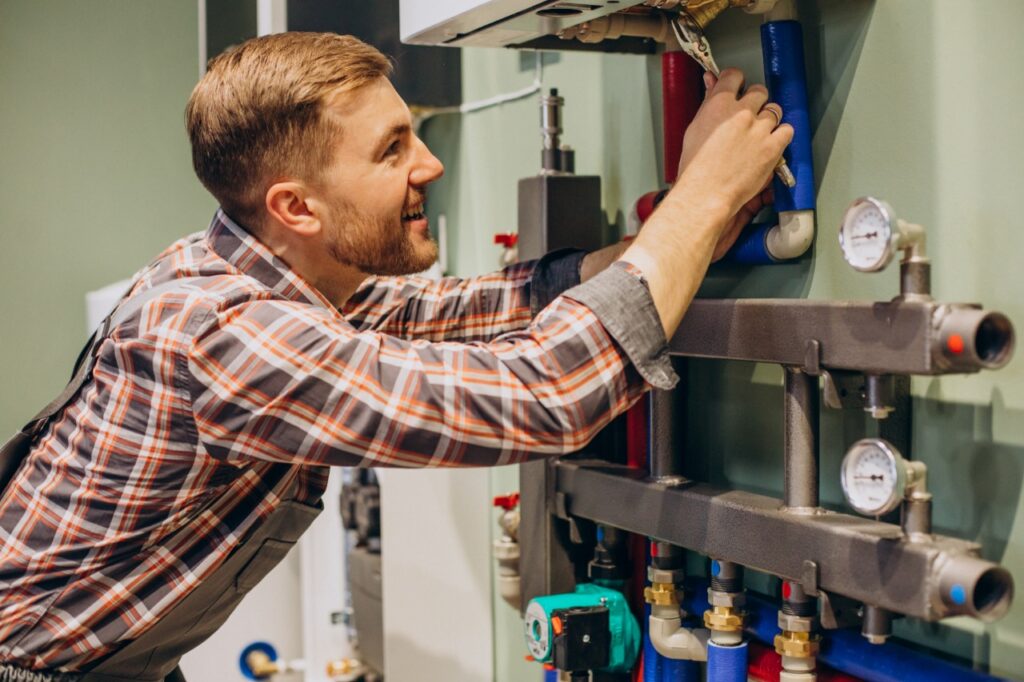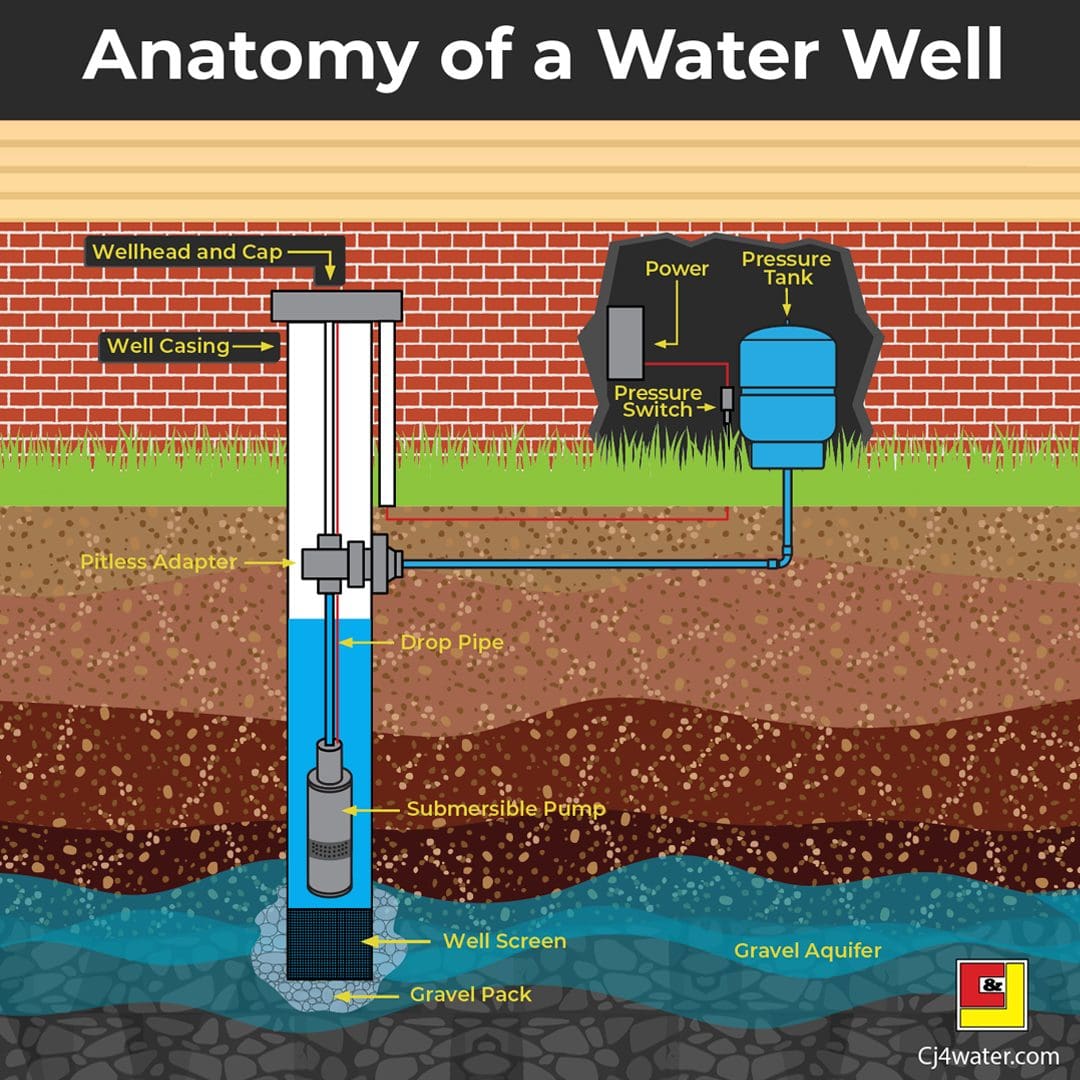How The Anatomy of Your House's Plumbing System Matters
How The Anatomy of Your House's Plumbing System Matters
Blog Article
The author is making a few good pointers regarding Anatomy of a House: Understanding the Components in general in this great article underneath.

Comprehending just how your home's plumbing system functions is vital for every single homeowner. From providing tidy water for alcohol consumption, cooking, and showering to safely removing wastewater, a well-kept pipes system is crucial for your family members's health and convenience. In this detailed overview, we'll explore the elaborate network that composes your home's pipes and offer suggestions on upkeep, upgrades, and taking care of common issues.
Introduction
Your home's plumbing system is more than simply a network of pipelines; it's an intricate system that ensures you have access to clean water and efficient wastewater removal. Recognizing its parts and how they work together can assist you stop pricey fixings and ensure everything runs efficiently.
Standard Elements of a Pipes System
Pipes and Tubing
At the heart of your plumbing system are the pipelines and tubes that lug water throughout your home. These can be made of various materials such as copper, PVC, or PEX, each with its advantages in terms of sturdiness and cost-effectiveness.
Fixtures: Sinks, Toilets, Showers, etc.
Fixtures like sinks, toilets, showers, and bathtubs are where water is used in your home. Understanding how these fixtures connect to the pipes system aids in detecting troubles and intending upgrades.
Shutoffs and Shut-off Factors
Shutoffs manage the circulation of water in your plumbing system. Shut-off shutoffs are important during emergency situations or when you require to make repair work, allowing you to separate parts of the system without disrupting water circulation to the entire residence.
Water System System
Main Water Line
The main water line attaches your home to the local water or a personal well. It's where water enters your home and is distributed to various components.
Water Meter and Pressure Regulatory Authority
The water meter steps your water use, while a pressure regulatory authority guarantees that water flows at a secure pressure throughout your home's plumbing system, stopping damage to pipelines and fixtures.
Cold Water vs. Hot Water Lines
Understanding the difference between cold water lines, which supply water straight from the main, and warm water lines, which lug warmed water from the water heater, assists in troubleshooting and preparing for upgrades.
Drain System
Drain Pipes Pipeline and Traps
Drain pipelines bring wastewater away from sinks, showers, and bathrooms to the drain or septic tank. Catches avoid sewage system gases from entering your home and additionally trap particles that could create clogs.
Air flow Pipes
Air flow pipes enable air right into the drain system, avoiding suction that can slow drainage and trigger traps to vacant. Proper air flow is essential for preserving the honesty of your plumbing system.
Value of Proper Drain
Making certain correct drain protects against backups and water damages. Consistently cleansing drains and keeping traps can prevent pricey repair services and prolong the life of your plumbing system.
Water Furnace
Kinds Of Water Heaters
Hot water heater can be tankless or standard tank-style. Tankless heaters warmth water as needed, while tanks save warmed water for immediate use.
Updating Your Plumbing System
Factors for Upgrading
Updating to water-efficient components or replacing old pipelines can enhance water quality, lower water costs, and enhance the worth of your home.
Modern Plumbing Technologies and Their Benefits
Discover modern technologies like clever leak detectors, water-saving bathrooms, and energy-efficient hot water heater that can conserve cash and lower environmental impact.
Expense Factors To Consider and ROI
Compute the ahead of time costs versus long-term cost savings when thinking about pipes upgrades. Numerous upgrades spend for themselves through reduced utility bills and fewer repair work.
Exactly How Water Heaters Link to the Pipes System
Recognizing just how hot water heater attach to both the cold water supply and warm water circulation lines assists in diagnosing issues like insufficient hot water or leakages.
Upkeep Tips for Water Heaters
Consistently purging your water heater to eliminate sediment, inspecting the temperature settings, and examining for leaks can extend its lifespan and improve power performance.
Usual Pipes Problems
Leaks and Their Reasons
Leakages can take place as a result of maturing pipelines, loose fittings, or high water pressure. Addressing leaks without delay protects against water damages and mold and mildew growth.
Obstructions and Clogs
Obstructions in drains pipes and bathrooms are usually brought on by purging non-flushable products or a buildup of grease and hair. Making use of drainpipe displays and being mindful of what drops your drains pipes can prevent clogs.
Indicators of Pipes Issues to Watch For
Low tide stress, sluggish drains pipes, foul odors, or uncommonly high water bills are signs of possible plumbing problems that need to be attended to without delay.
Pipes Maintenance Tips
Regular Examinations and Checks
Arrange annual pipes assessments to catch concerns early. Try to find indicators of leakages, corrosion, or mineral build-up in taps and showerheads.
DIY Maintenance Tasks
Simple jobs like cleaning faucet aerators, looking for toilet leakages utilizing dye tablet computers, or insulating revealed pipes in cold climates can protect against major plumbing problems.
When to Call a Professional Plumbing Technician
Know when a pipes issue needs professional experience. Attempting complex repair services without proper expertise can result in even more damage and greater fixing expenses.
Tips for Lowering Water Usage
Straightforward practices like dealing with leakages immediately, taking much shorter showers, and running full tons of laundry and meals can preserve water and lower your energy bills.
Eco-Friendly Pipes Options
Consider sustainable pipes products like bamboo for flooring, which is durable and environment-friendly, or recycled glass for kitchen counters.
Emergency situation Preparedness
Steps to Take Throughout a Pipes Emergency
Know where your shut-off shutoffs lie and how to switch off the water system in case of a burst pipe or significant leak.
Significance of Having Emergency Situation Get In Touches With Handy
Keep get in touch with info for neighborhood plumbings or emergency situation solutions readily available for fast feedback during a plumbing situation.
Ecological Impact and Conservation
Water-Saving Components and Devices
Setting up low-flow taps, showerheads, and toilets can considerably decrease water usage without giving up efficiency.
DIY Emergency Fixes (When Appropriate).
Momentary solutions like using duct tape to patch a dripping pipeline or positioning a pail under a dripping faucet can decrease damage until an expert plumbing technician arrives.
Final thought.
Comprehending the makeup of your home's pipes system encourages you to keep it effectively, saving money and time on fixings. By following routine upkeep regimens and remaining educated about contemporary pipes innovations, you can guarantee your pipes system runs effectively for many years to find.
HOW YOUR PLUMBING SYSTEM WORKS
Which Pipes Do What?
Blue lines = fresh water supply entering the building Red lines = hot water supply entering the building Grey lines = pipes carrying waste away from the building and venting pipes carrying gases away from the building (through the roof) YOUR MAIN PLUMBING SYSTEMS
There are two main plumbing systems that support your home s basic plumbing needs one that brings clean water into your home, and one that sends dirty water away from your home. Connected to the toilet, bath, shower, and other faucets in your home, these two systems keep your water flowing in the right directions.
ACCESSING FRESH WATER
Fresh and clean water is brought into your home through the main water supply line . Filtered through one pipe, this water is pressured to flow into the various fixtures in your home at any given time.
This water can be sourced from a well located on your property, a pond or river (mostly cottages), or, as in most cases, from the city s municipal water treatment centre. However, it is important to note that water that is untreated, such as the water siphoned from ponds or rivers, may not be safe to drink. Personal water supplies always need to be treated for hardness and contaminants before consumed.
MUNICIPAL WATER SUPPLIES
Improve taste and odour Remove sediment Eliminate hardness Reduce chlorine COLD WATER SUPPLY VS. HOT WATER SUPPLY
Cold water flows into your home or building through the service line, which then distributes hot or cold water to your fixtures. This line is most commonly run through a central column that runs floor to floor. Hot water runs in short and straight pipes as the longer the pipeline, the more heat that will be lost in the transfer. Having shorter pipes also allows residents to access hot water more quickly.
WASTE WATER SYSTEM
Your wastewater system is divided into two parts pipes that send wastewater away from your home and venting pipes that send sewer gas away from your home. Sewage water travels through pipes that flush the water and waste towards local sewers that are operated and managed by your city or town. Most sewer systems rely on gravity to move the wastewater to where it needs to go.
The further away from your toilet or sink, the larger wastewater pipes become. This allows for waste to be disposed of from various parts of your home or business at once without pipe blockages. The angle and flow of these pipes are also essential for keeping your waste pipes clear of build up.
https://harrisplumbing.ca/how-your-home-plumbing-system-works/

As a keen person who reads on Understanding Your Home's Plumbing Anatomy, I assumed sharing that excerpt was a good thing. If you appreciated our article if you please don't forget to pass it around. Thanks for your time invested reading it.
Click Here Report this page